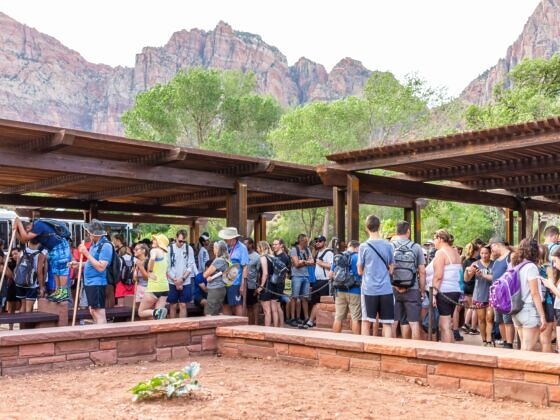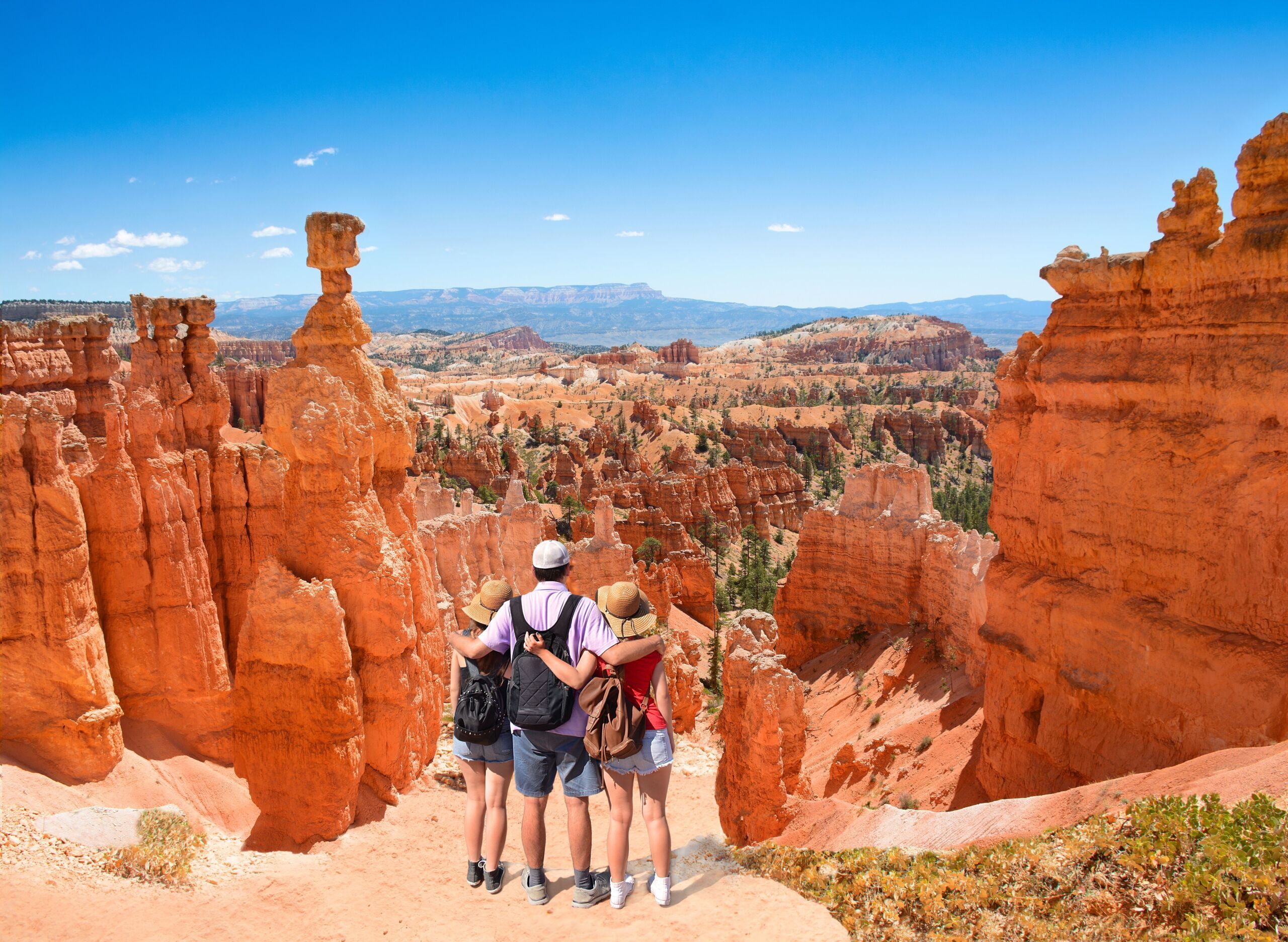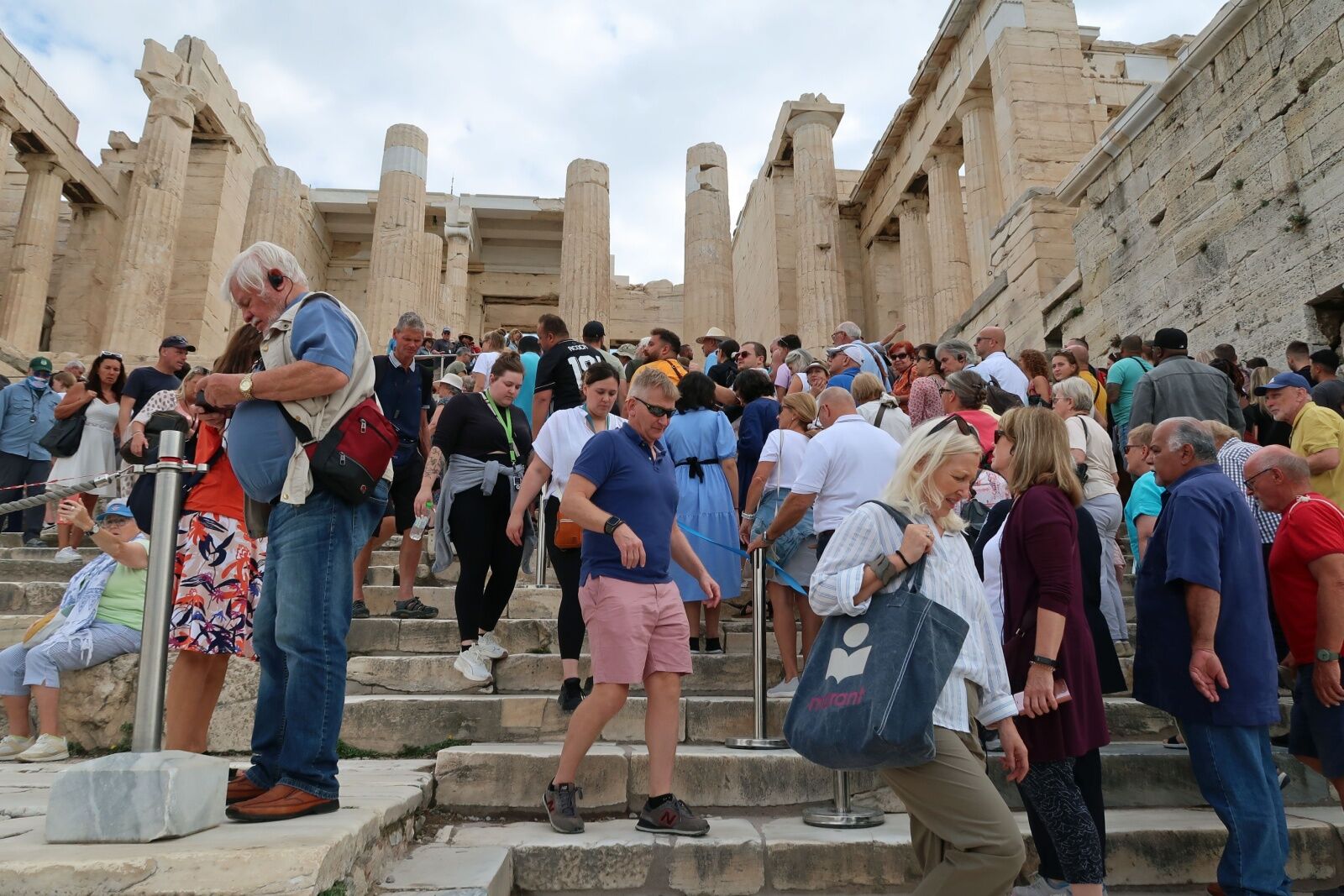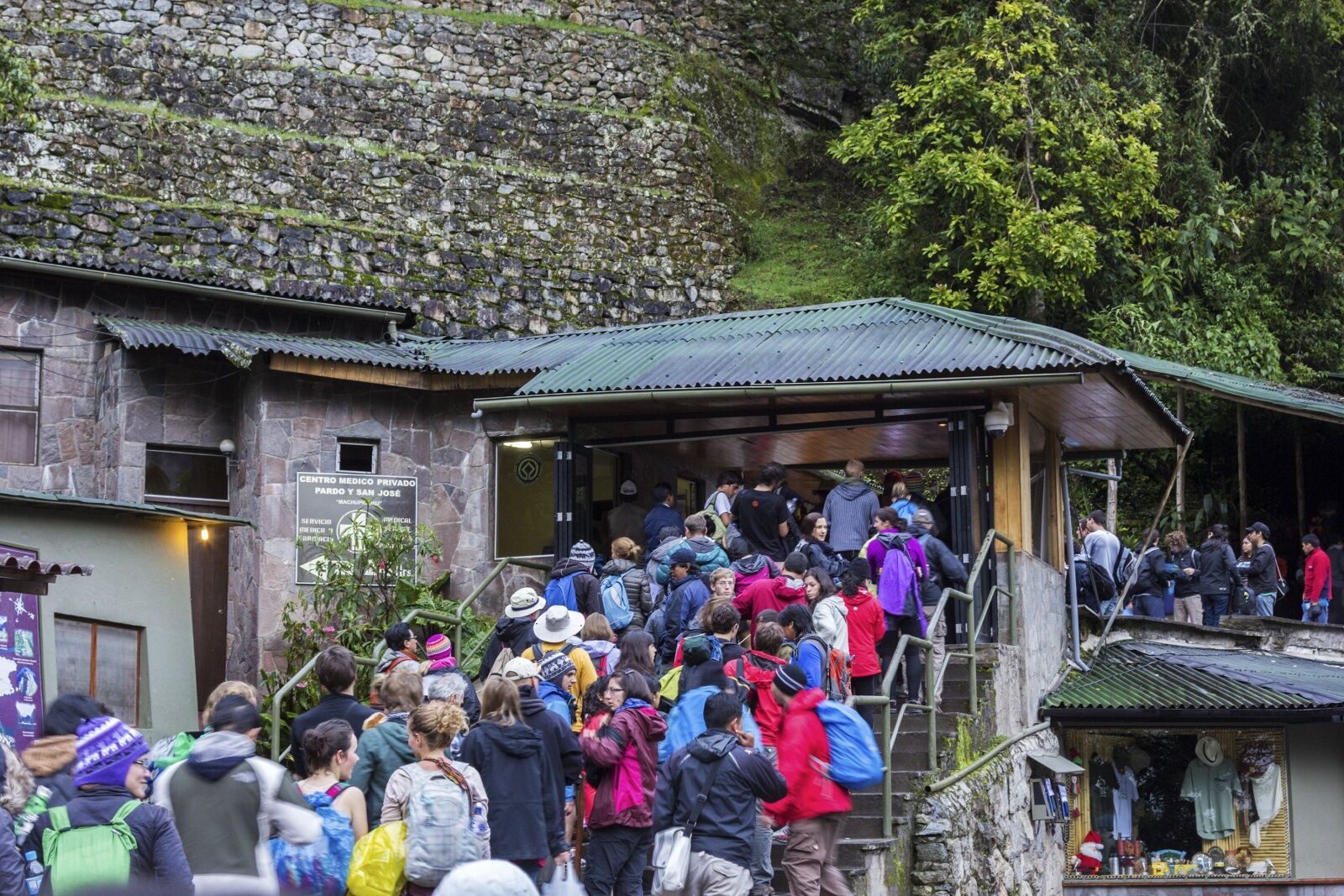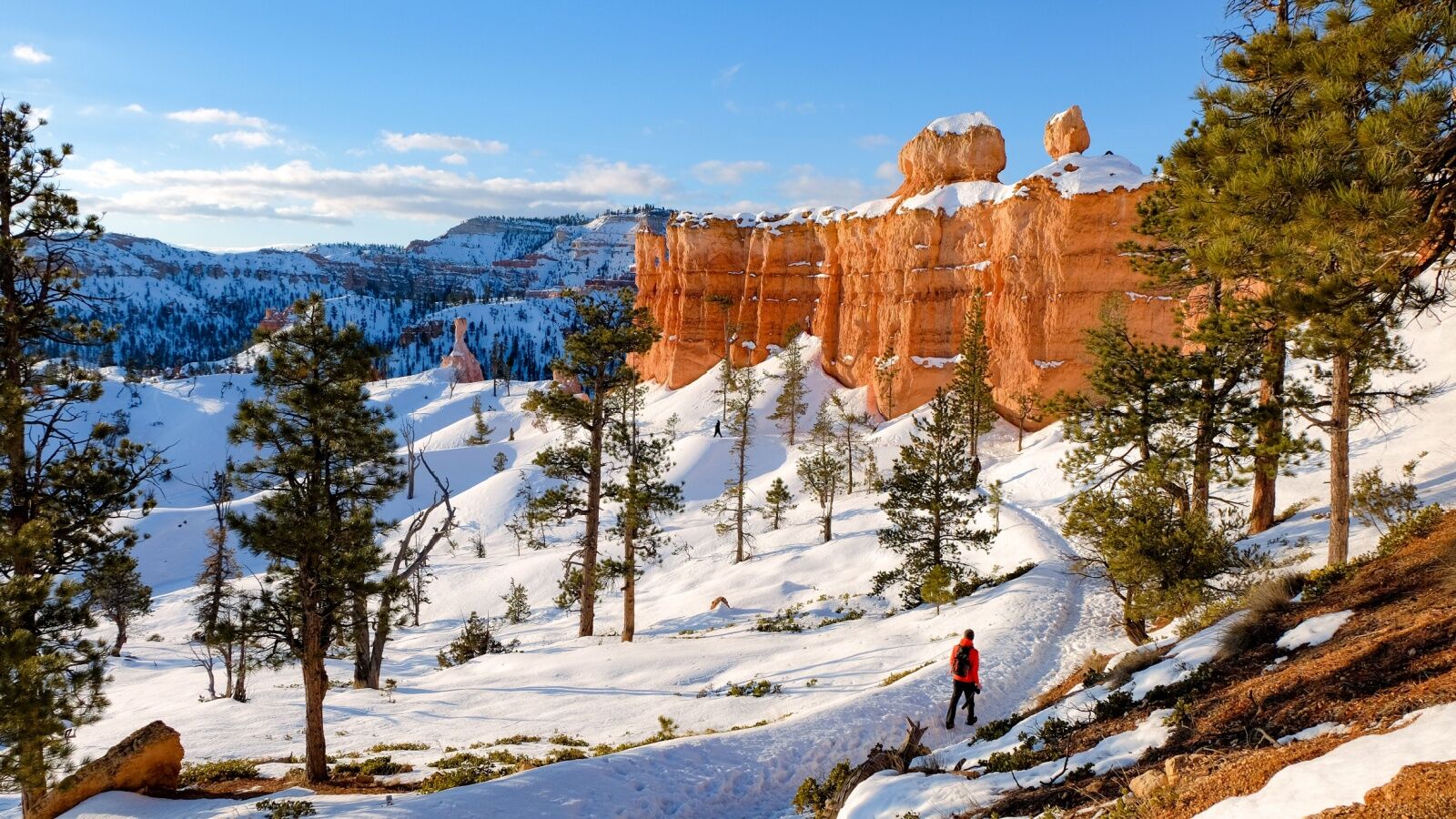This is the Travel Take, where Matador’s writers and editors make the case for their favorite travel hacks, tips, and personal tics.
Many years ago, Visit Utah created an advertising campaign many outlets and professionals have called everything from “a smash” to “wildly successful.” More specifically, the Office of Tourism bundled the state’s five National Parks, all within a three hour’s drive of each other, and dubbed them “The Mighty 5.” It placed ads in every major airport, ran commercials in all 50 states, and even promoted the parks in foreign markets.
